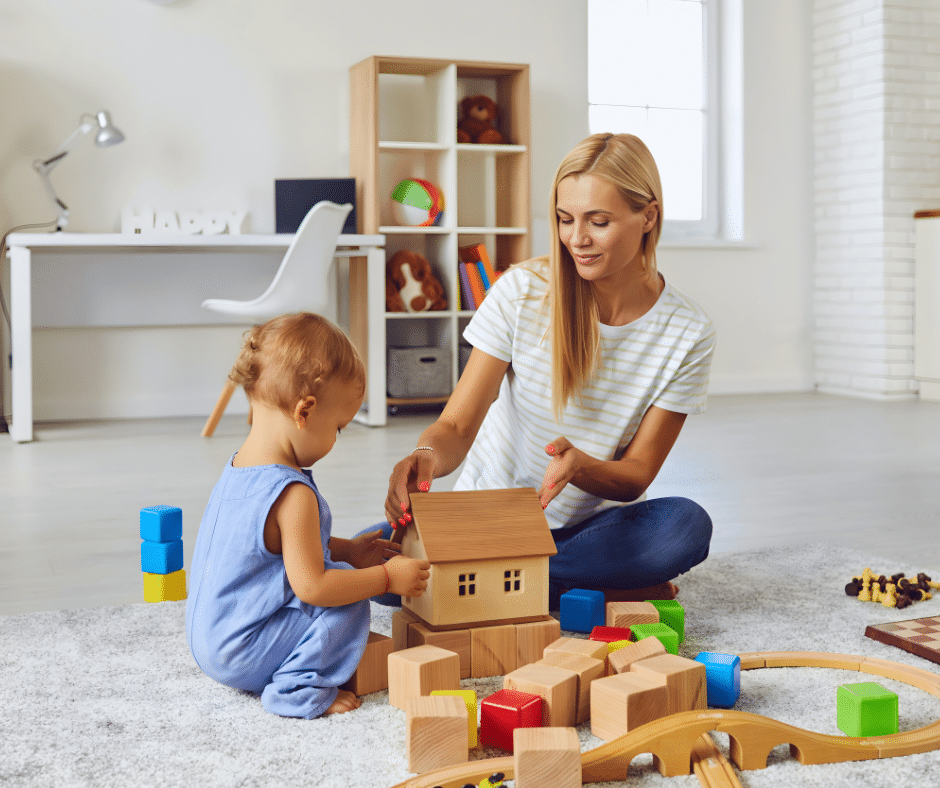When Playing with Your Children Becomes A Chore
Have you ever been minding your own business only to be interrupted by your child wanting to play?
What am I saying? Of course you have, you’re a parent.
Taking it a step further, have you ever been asked to play with your child only to have your brain stop working? As if you forgot how to play and then on top of that whatever play you do engage is is “wrong”-per your child; even if you did EXACTLY what they said for you to do. This can lead parents to dreading playing with their children and feeling guilty for it.
Why The Barrier?
For many parents, pretend play comes with a bit of pressure — especially when it feels like there’s a whole imaginary world to keep track of! While we love our children’s creativity, it can be exhausting trying to remember all the rules of their make-believe universe. Some toddlers even take their roles very seriously, directing parents on the storylines and dialogue like little filmmakers in charge.
So why don’t we enjoy playing with our children? Honestly—because it’s boring. Our children’s priority is just to play; while we are thinking about: how important playing with our children is, what we’re going to make for dinner, the laundry that has to be changed over into the dryer, and the million other things we have on our plates on any given day. Realistically, as parents often just don’t have the brain capacity, or the patience to play with a moody toddler.
No More Guilt Tripping
Are we really in the wrong if a tea party with our toddler leaves us fighting back tears… of boredom? Absolutely not. We shouldn’t let ourselves be trapped into guilt tripping ourselves. Think quality not quantity; you don’t necessarily have to sit down and play with your child for long periods of time (I mean , you can, but it’s not really realistic when we have work and/or a home to take care of). Try having little sporadic playtimes through out the day. Example: you’re folding laundry and you put a sock on your hand to make a sock puppet and pretend that the puppet is eating your child. Or you’re picking up the living room/play room/bedroom and you challenge your child to a race-whoever can pick up the room the fastest gets a cookie (or whatever kind of motivation your child likes).
Also, you shouldn’t feel guilty for having your child play alone. Independent play is actually great for kids’ development, playing alone can boost creativity; little ones often come up with their best ideas when they’re the ones calling the shots. Solo play also builds problem-solving skills, confidence, and independence. Plus, it’s empowering for kids to realize they don’t always need a grown-up to make a pillow fort! When children play on their own, their imaginations really shine. Whether they’re coloring, stacking blocks, or sending their favorite stuffed animals on wild adventures, solo play sparks creativity and helps their ideas grow. It also builds confidence and problem-solving skills. Playing independently gives kids the chance to make choices—like which color to use or how high to build a tower. And when things don’t go as planned (hello, collapsing block tower!), they learn to troubleshoot and try again.

